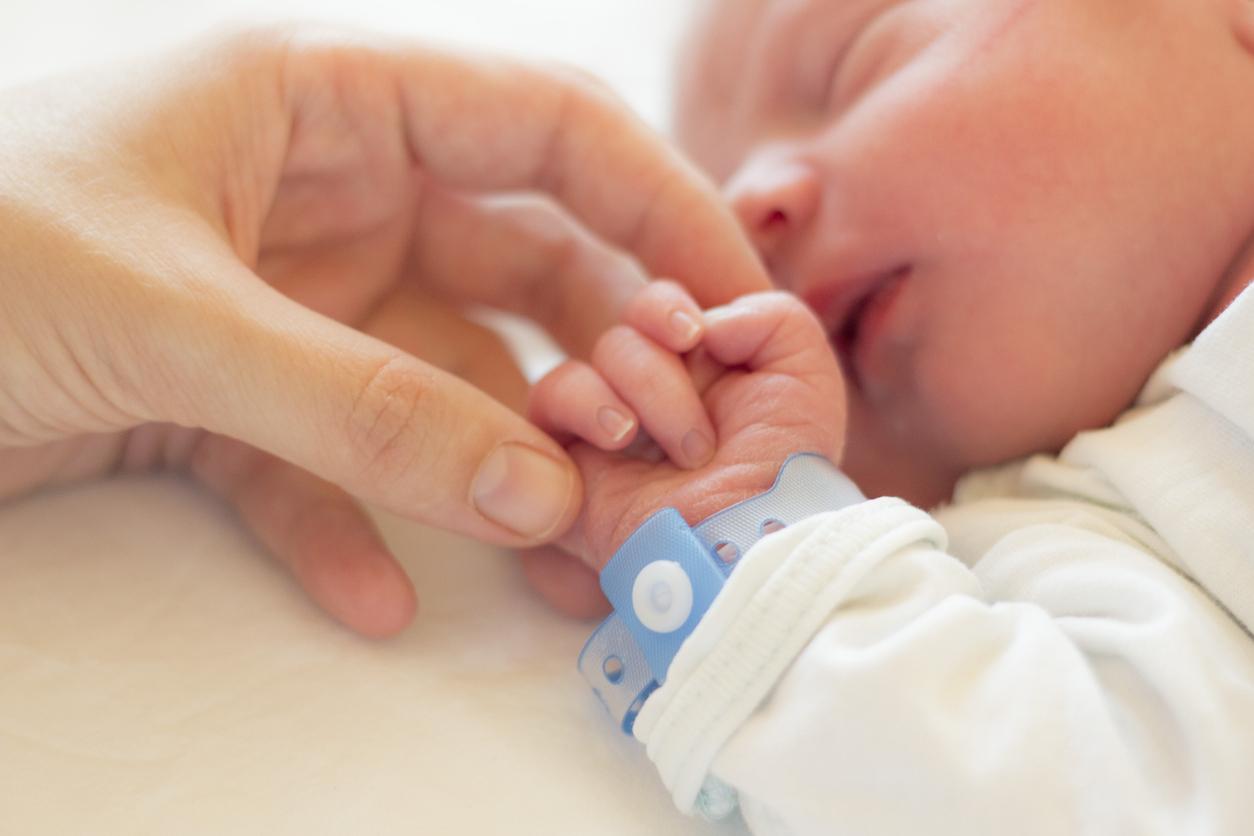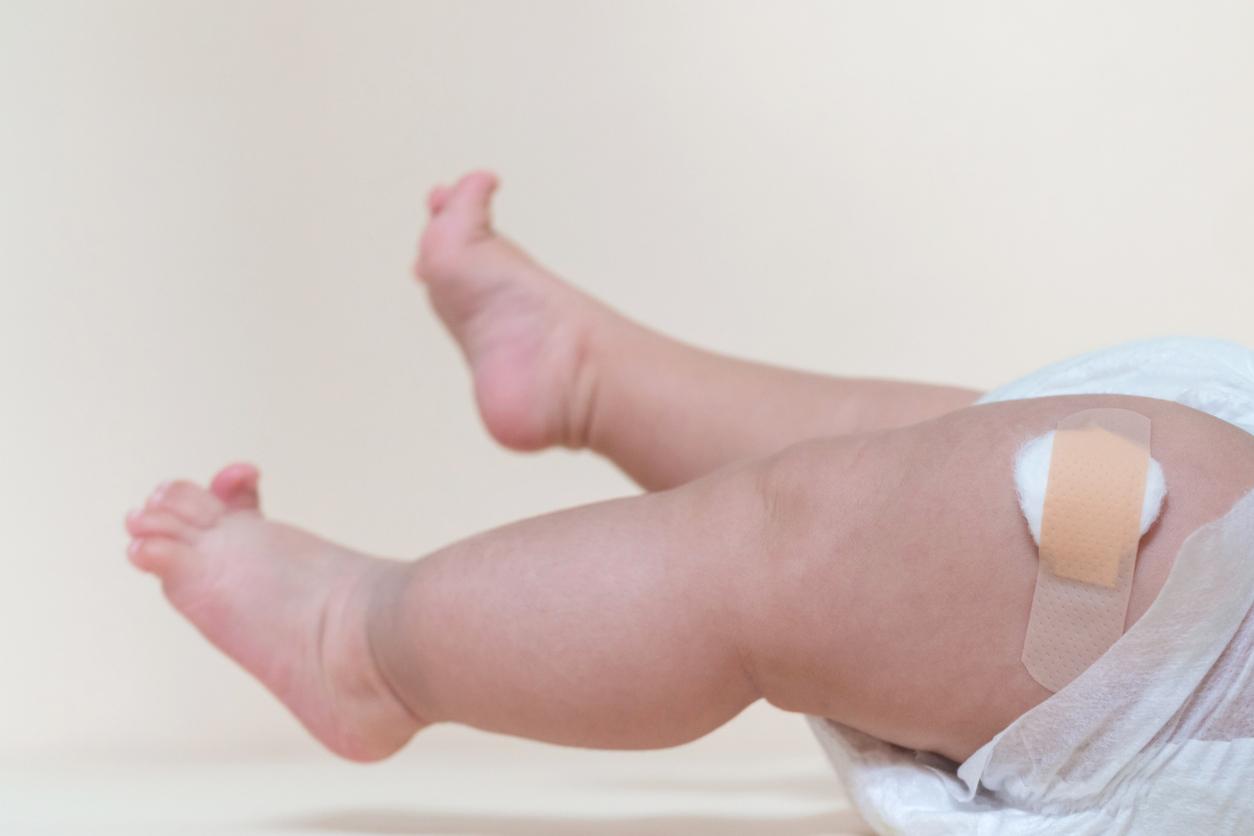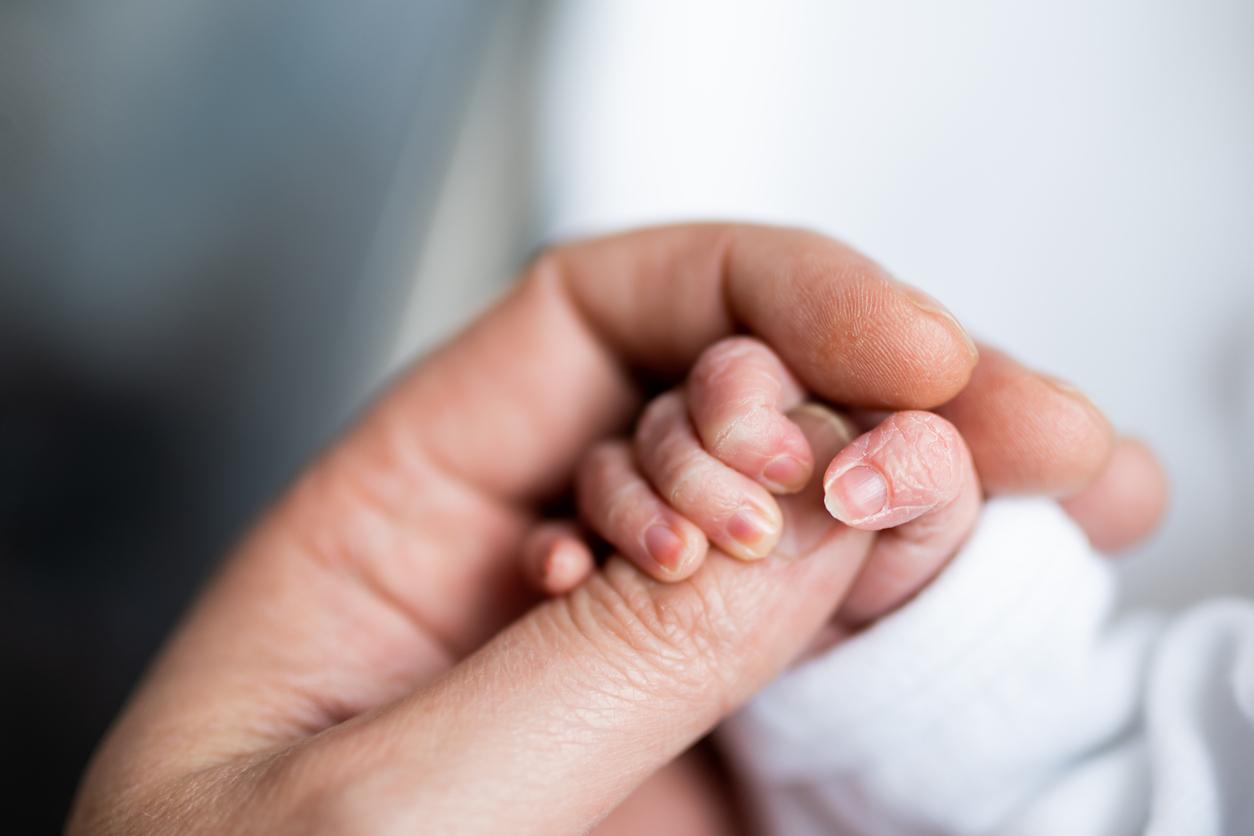Sudden infant death syndrome could be explained by seizures that occur before death, according to a new study.

- Babies who suffered sudden infant death syndrome had seizures 30 minutes before death, according to a new study.
- These convulsions would have lasted less than 60 seconds.
- These results allow us to better understand sudden infant death but also other causes of death, such as those linked to epilepsy.
250 to 350 children are victims of sudden infant death every year, according to Public health France and, three-quarters of cases occur before six months of age. “The cause of sudden infant death syndrome is unknown, but is likely due to dysfunction of the neural mechanisms of cardiorespiratory control.”, indicates the MSD Manual.
Seizures 30 minutes before sudden infant death syndrome
But researchers may have found a cause, or rather a symptom that occurs before sudden infant death: attacks of muscular convulsions. Their study appeared in the journal Neurology.
To achieve this result, scientists analyzed the medical records of 300 newborn victims of sudden infant death. At the same time, they also observed video recordings – coming from cameras installed in the room or on the cradle – of sleeping babies, seven of whom died following convulsions. According to the authors, these lasted less than 60 seconds and took place 30 minutes before death.
“Seizures may be the lethal weapon medical science is looking for to understand why these children are dying“, noted Orrin Devinskyneurologist and principal investigator of the study, in a communicated. He specifies that these results allow us to better understand sudden infant death but also other causes of death in the youngest, such as those linked to epilepsy.
Seizures cause more deaths in infants
The authors say more research is needed to better understand how seizures – with or without fever – can cause sudden death.
They specify that previous work, carried out with epileptic patients, has shown potentially fatal breathing difficulties after a convulsion attack. In some infants in the study, scientists also observed difficulty breathing.

















